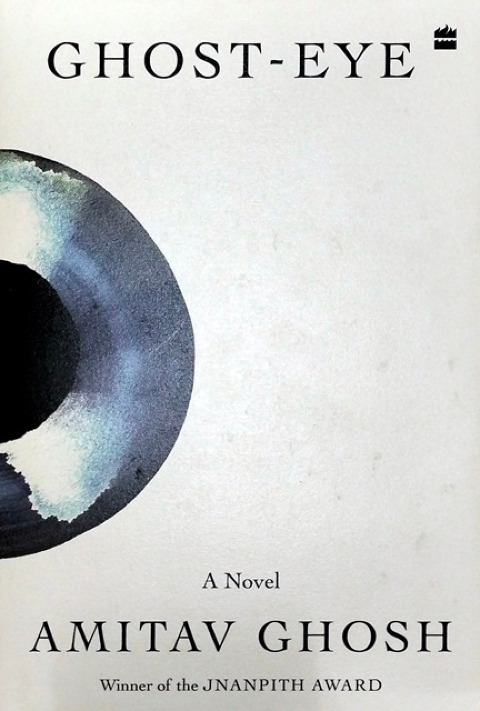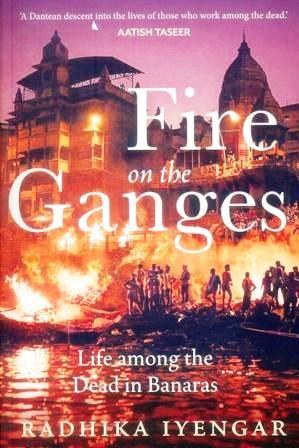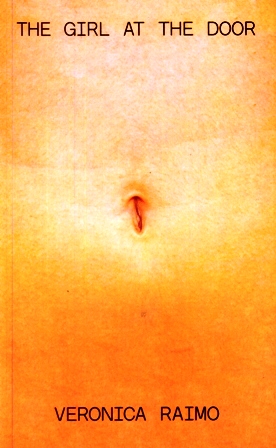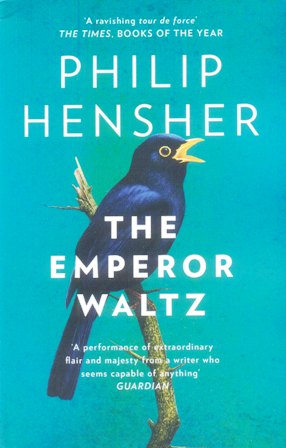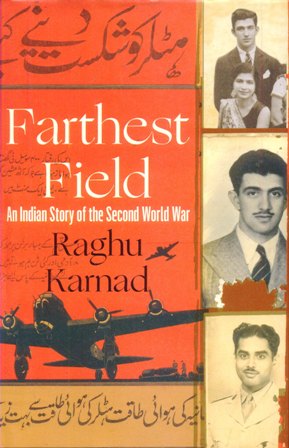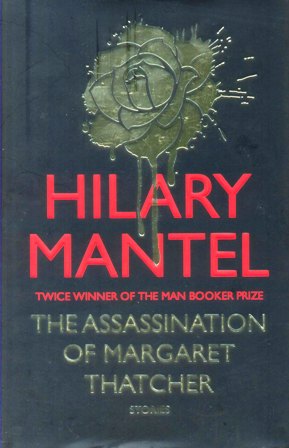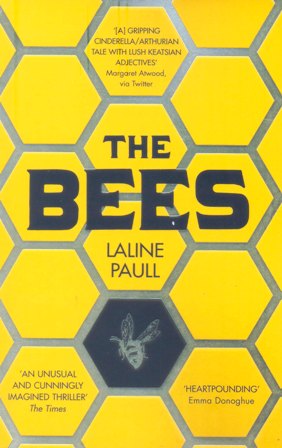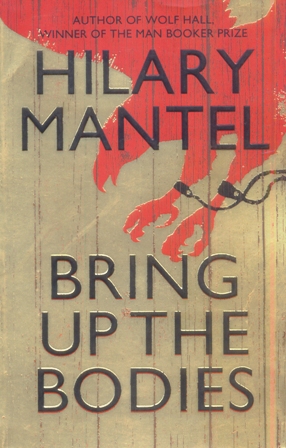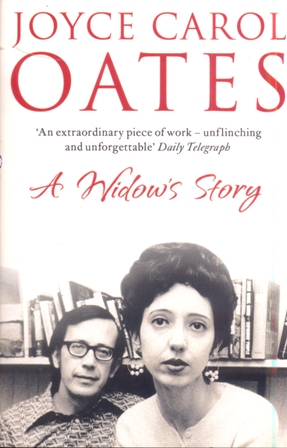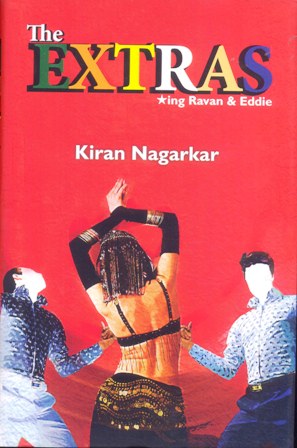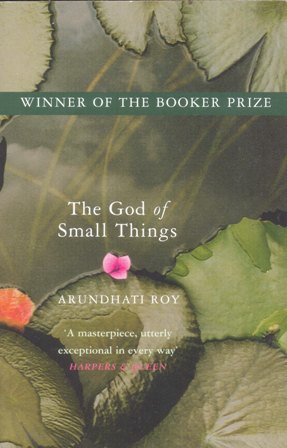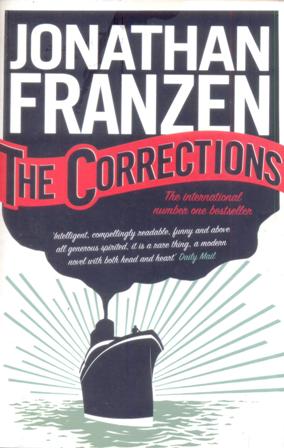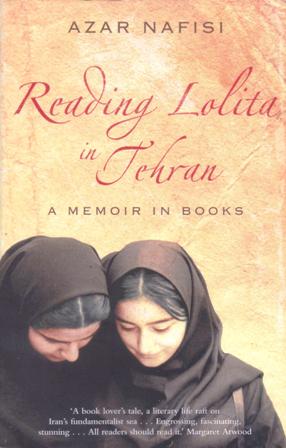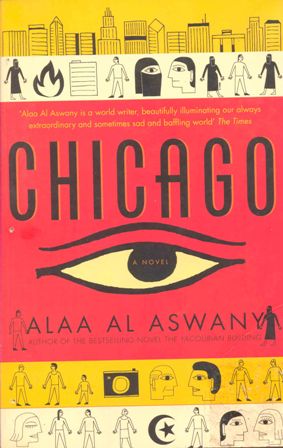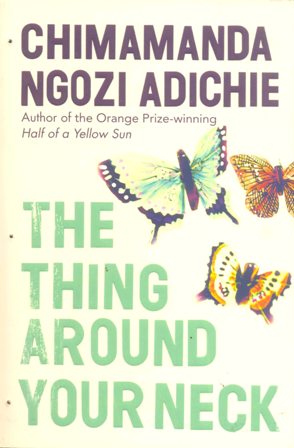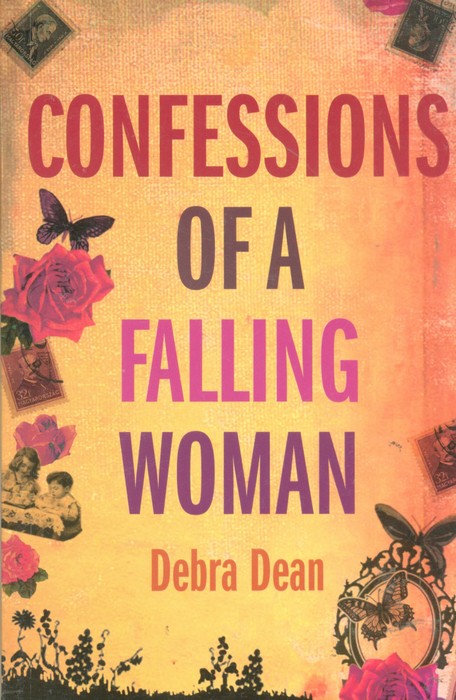-
Ghost-Eye
Past and present collide in a novel about a girl who might just be a 'case of the reincarnation type' Varsha Gupta wants fish for her lunch. Her family can't understand it; the three-year-old has never tasted fish in her life. The Guptas are strict vegetarians and don't allow it inside their Calcutta mansion. But Varsha claims she can remember another life: a mud house by a river where she caught and cooked fish with a different mother. Perplexed, the Guptas turn to Dr Shoma Bose, a psychiatrist who has been investigating what are known as 'cases of the reincarnation type' for years. But Shoma's understanding of the world is changed forever by Varsha's revelations. Half a century later, when Varsha's therapeutic case file catches the attention of a group of environmental activists, Shoma's nephew Dinu is drawn inexorably into their plans. And as Dinu finds himself caught up in the search for Varsha, buried memories of his own past begin to surface. Travelling between late-sixties' Calcutta and present-day Brooklyn, Ghost-Eye is an urgent and expansive novel from one of our greatest living storytellers, about family, fate and our fragile planet.
-
The Girl At The Door
A tense, provocative and nuanced novel about a rape accusation in an idyllic commune I was in my sixth month when the girl came knocking. The girl came empty handed. On the threshold, her hair down, her jeans tight. 'Are you the professor’s wife?' the girl asked me. 'I have to speak to you,' she said. 'The professor raped me,' the girl said.
-
The Emperor Waltz
The Emperor Waltz is a single novel with three narrative strands, fourth century Rome, 1920s Germany and 1980s London. In each place, a small coterie is closely connected and separated from the larger world. In each story, the larger world regards the small coterie and its passionately held beliefs and secrets with suspicion and hostility. It is the story of eccentricity, its struggle, its triumph, its influence but also its defeat.
-
Farthest Field
The photographs of three young men had stood in his grandmother's house for as long as he could remember, 'beheld but not noticed, as angels are in a frieze of mortal strugglers'. They had all fought in the Second World War, a fact that surprised him. Indians had never figured in his idea of the war, nor the war in his idea of India. One of them, Bobby, even looked a bit like him, but Raghu Karnad had not noticed until he was the same age as they were in their photo-frames. Then he learned about the Parsi boy from the sleepy south Indian coast, so eager to follow his brothers-in-law into the colonial forces and onto the front line. Manek, dashing and confident, was a pilot with India's fledgling air force, gentle Ganny became an army doctor in the arid North-West Frontier. Bobby's pursuit would carry him as far as the deserts of Iraq and the green hell of the Burma battlefront. The years 1939-45 might be the most revered, deplored and replayed in modern history. Yet India's extraordinary role has been concealed, from itself and from the world. In riveting prose, Karnad retrieves the story of a single family - a story of love, rebellion, loyalty and uncertainty - and with it, the greater revelation that is India's Second World War. Farthest Field narrates the lost epic of India's war, in which the largest volunteer army in history fought for the British Empire, even as its countrymen fought to be free of it. It carries us from Madras to Peshawar, Egypt to Burma - unfolding the saga of a young family amazed by their swiftly changing world, and swept up in its violence.
-
The Assassination of Margaret Thatcher Stories
Hilary Mantel is one of Britains most accomplished, acclaimed and garlanded writers. Uniquely, her last two novels, 'wolf hall' and its sequel bring up the bodies, both won the man Booker prize for fiction. In these ten bracingly subversive tales, all her gifts of characterisation and observation are fully engaged, summoning forth the horrors so often concealed behind everyday facades. Childhood cruelty is played out behind the bushes in comma, nurses clash in Harley street over something more than professional differences and in the title story, staying in for the plumber turns into an ambiguous and potentially deadly waiting game. Whether set in a claustrophobic Saudi Arabian flat or on a precarious mountain road in Greece, these stories share an insight into the darkest recesses of the spirit. Displaying all of mantels unmistakable style and wit, they reveal a great writer at the peak of her powers.
-
The Bees
Born into the lowest class of her society, Flora 717 is a sanitation bee, only fit to clean her orchard hive. Living to accept, obey and serve, she is prepared to sacrifice everything for her beloved holy mother, the Queen. But Flora is not like other bees. Despite her ugliness she has talents that are not typical of her kin. While mutant bees are usually instantly destroyed, Flora is removed from sanitation duty and is allowed to feed the newborns, before becoming a forager, collecting pollen on the wing. She also finds her way into the queens inner sanctum, where she discovers secrets both sublime and ominous. But enemies are everywhere, from the fearsome fertility police to the high priestesses who jealously guard the hive mind and when Flora breaks the most sacred law of all her instinct to serve is overshadowed by an even deeper desire, a fierce maternal love that will lead to the unthinkable. Laline Paulls chilling yet ultimately triumphant novel creates a luminous world both alien and uncannily familiar. Thrilling and imaginative, the bees is the story of a heroine who, in the face of an increasingly desperate struggle for survival, changes her destiny and her world.
-
This Place
eevan Sharma, an Indian immigrant in the US and a former taxi driver, manages his Pakistani landlord Shabbir Ahmad's accounts in return for rent free accommodation. The quiet rhythm of his days in Baltimore is punctuated only by interactions with his neighbors on 26th Street Miss Lucy, an old black lady who makes him pancakes, a World War II veteran, Henry and his dog Oscar and Matthew and Kay, a married couple in their late twenties, who are negotiating a difficult relationship. Then two things happen to throw his life into disarray the sudden arrival of Sunita, a young woman who has walked away from a cheating husband and the decision by the city of Baltimore to demolish the block that they live in. Will Jeevan be able to protect his old and in firm friends from the power of the City and Shabbir's greed? Can his settled solitude with stand the possibility of happiness with someone else? This Place is a novel about a group of people for whom neighborhood means more than simply living next to each other. It is a book about accepting and fighting against impermanence. It is also a book about South Asians in America at the end of the twentieth century. About the AuthorAmitabha Bagchi is the author of two novels, above Average (2007) and The Householder(2012), both of which were published to critical and popular acclaim.
-
Bring UpThe Bodies
‘My boy Thomas, give him a dirty look and he’ll gouge your eye out. Trip him, and he’ll cut off your leg,’ says Walter Cromwell in the year 1500. ‘But if you don’t cut across him he’s a very gentleman. And he’ll stand anyone a drink.’ By 1535 Thomas Cromwell, the blacksmith’s son, is far from his humble origins. Chief Minister to Henry VIII, his fortunes have risen with those of Anne Boleyn, Henry's second wife, for whose sake Henry has broken with Rome and created his own church. But Henry's actions have forced England into dangerous isolation, and Anne has failed to do what she promised: bear a son to secure the Tudor line. When Henry visits Wolf Hall, Cromwell watches as Henry falls in love with the silent, plain Jane Seymour. The minister sees what is at stake: not just the king's pleasure, but the safety of the nation. As he eases a way through the sexual politics of the court, its miasma of gossip, he must negotiate a ‘truth’ that will satisfy Henry and secure his own career. But neither minister nor king will emerge undamaged from the bloody theatre of Anne’s final days. In ‘Bring up the Bodies’, sequel to the Man Booker Prize-winning ‘Wolf Hall’, Hilary Mantel explores one of the most mystifying and frightening episodes in English history: the destruction of Anne Boleyn. This new novel is a speaking picture, an audacious vision of Tudor England that sheds its light on the modern world. It is the work of one of our great writers at the height of her powers.
-
A Widow's Story
On a February morning in 2008, Joyce Carol Oates drove her ailing husband, Raymond Smith, to the emergency room of the Princeton Medical Center where he was diagnosed with pneumonia. Both Joyce and Ray expected him to be released in a day or two. But in less than a week, even as Joyce was preparing for his discharge, Ray was dead from a hospital- acquired virulent infection, and Joyce was suddenly faced – totally unprepared – with the reality of widowhood. ‘A Widow’s Story’ illuminates one woman’s struggle to comprehend a life absent of the partnership that had sustained and defined her for nearly half a century. Joyce Carol Oates shares the derangement of denial, the anguish of loss, the disorientation of the survivor amid a nightmare of ‘death duties’, and the solace of friendship. She writes unflinchingly of the experience of grief – the almost unbearable suspense of the hospital vigil, the treacherous ‘pools’ of memory that surround us, the vocabulary of illness, the absurdities of commercialized forms of mourning. Enlivened by the piercing vision, acute perception and mordant humour that are the hallmarks of the work of Joyce Carol Oates, this is a extremely moving tale of life and death, love and grief.
-
The Extras
Ravan and Eddie are back! And they’re bigger, better and guaranteed to have you laughing out loud. Having grown up in the city of movie stars who drip glamour, the two mortal enemies, Ravan and Eddie dream of strutting down the road to super-stardom. But can Ravan, a lowly taxi driver, and Eddie, a bouncer-cum-bartender at an illegal bar, rise from their dusty CWD chawl to the glittering heights of international fame? To complicate matters further, their love lives hang by a thread. Eddie, secure in having got Belle, the Anglo-Indian girl of his dreams, must now figure out how to overcome prejudice from both their families and his own apathy, in order to keep her. And Eddie’s sister Pieta, the object of Ravan’s adoration, is completely oblivious to his existence – until he saves her life. Complete with a cast of soul-searching drunks, a nemesis called Three Point One, and nymph-like damsels in distress, The Extras is much more than a book about Bollywood or Bombay. It is the engrossing tale of a near-epic struggle against obscurity and towards self-realization; and is outrageously exuberant in the telling, and touching in its depiction of the large and small tragedies that shape our lives.
-
The God Of Small Things
Set in Kerala in the 1960s, The God of Small Things is about two children, Estha and Rahel, and the shocking consequences of a pivotal event in their young lives, the accidental death-by-drowning of a visiting English cousin. In magical and poetic language, the novel paints a vivid picture of life in a small rural Indian town, the thoughts and feelings of the two small children, and the complexity and hypocrisy of the adults in their world. It is also a poignant lesson in the destructive power of the caste system and moral and political bigotry in general. About The Author Arundhati Roy was born in 1961 in Kerala. She won the Booker Prize in 1997 for her first novel The God of Small Things. Roy is a well known peace activist and she was awarded the Sydney Peace Prize in May, 2004, for her work in social campaigns and advocacy of non-violence. She lives in Delhi.
-
Chicago
Among the players are an atheistic anti-establishmentAmerican prican professor of the sixties generation, whose relationship with a younger African-American woman becomes a moving target for intolerance; a veiled Ph.D. candidate whose conviction in the code of her traditional upbringing is shaken by her exposure to American society; an ??migr?? who has fervently embraced his new American identity, but who cannot escape his Egyptian roots when faced with the issue of his daughter??'s ???honor???; an Egyptian State Security informant who spouts religious doctrines while hankering after money and power; and a dissident student poet who comes to America with the sole aim of financing his literary aspirations, but whose experience in Chicago turns out to be more than he bargained for

